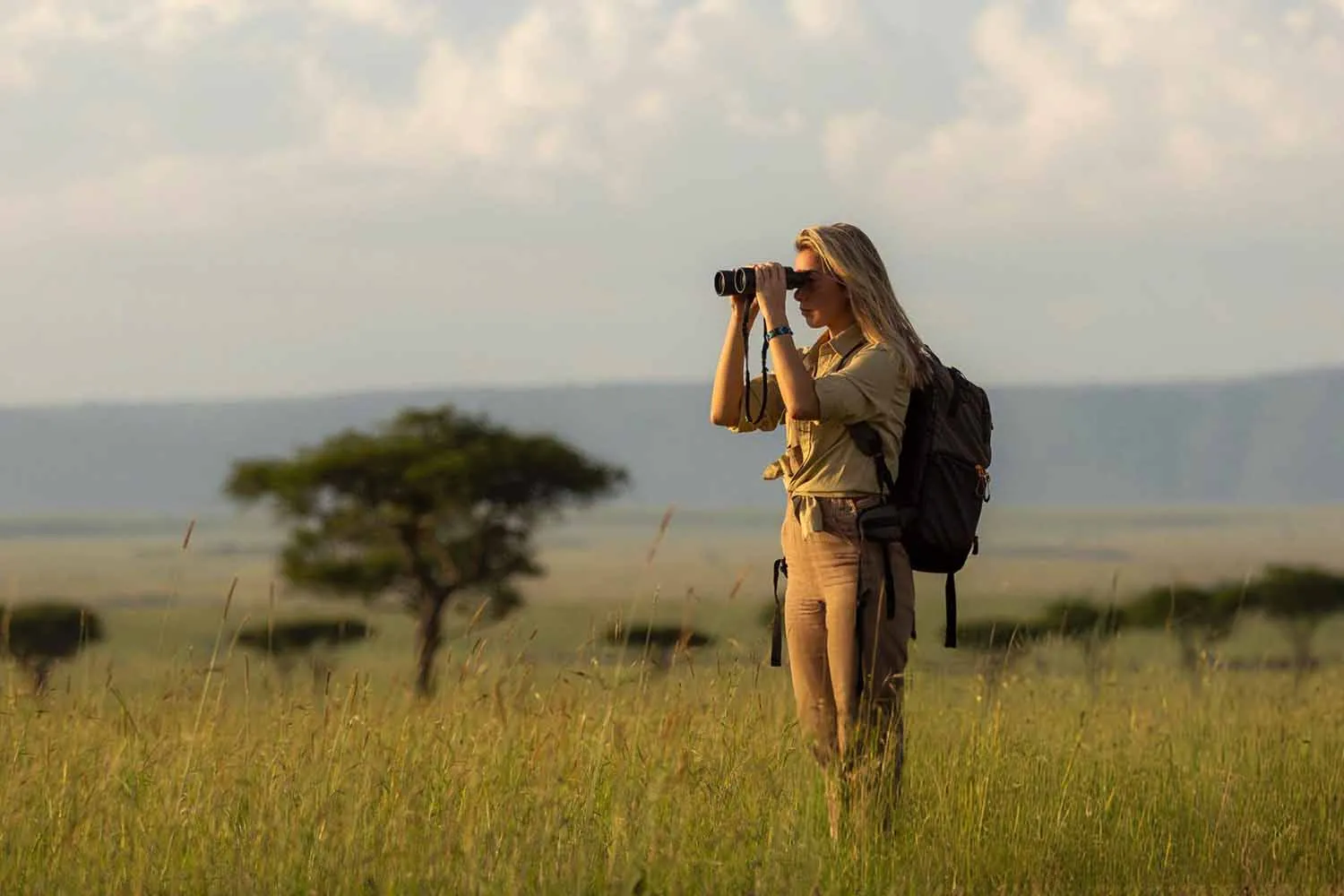Sustainable Safaris in Tanzania: Responsible Travel for a Greener Future
In an era where travel choices can significantly impact the environment, Tanzania offers a beacon of hope for eco-travelers seeking adventures that align with the principles of responsible tourism. As home to some of the most iconic wildlife and breathtaking landscapes in the world, Tanzania has embraced the concept of sustainable safaris, offering experiences that not only respect the natural world but also contribute to its preservation. This guide aims to navigate eco-conscious travelers through the options for sustainable safaris in Tanzania, from eco-lodges that blend into the landscape to eco-friendly activities that enhance your travel experience while ensuring the conservation of this magnificent country for future generations.
Journey to the Heart of Conservation
Your eco-adventure begins with a flight to Tanzania, landing either at Kilimanjaro International Airport (JRO) or Arusha Airport (ARK), depending on your chosen safari destination. These airports serve as gateways to Tanzania’s vast national parks and conservation areas, with local flight options available to reach more remote destinations. Opting for airlines that offset carbon emissions can be the first step in your sustainable travel journey.
Where to Stay: Eco-Lodges Embracing Sustainability
1. The Serengeti Green Camp
Located in the heart of the Serengeti, this camp is a pioneer in eco-friendly accommodations, built entirely from natural and locally sourced materials. The Serengeti Green Camp operates on solar power and practices water conservation, ensuring a minimal environmental footprint. Its involvement in local community projects also means that your stay contributes directly to conservation efforts and community welfare.
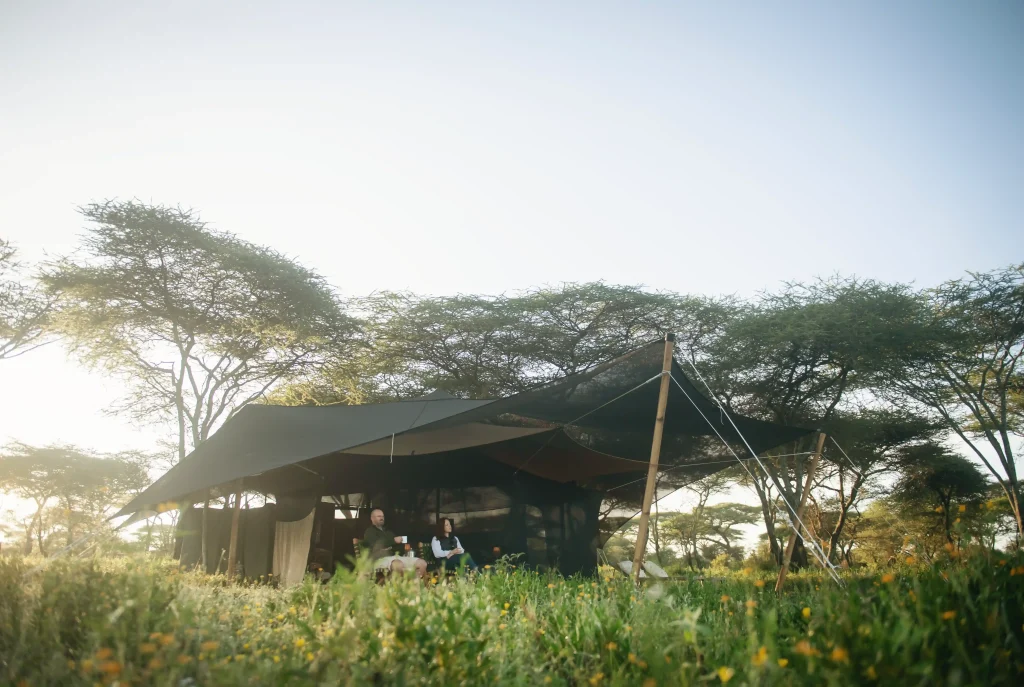
Perched on the rim of the Ngorongoro Crater, this eco-lodge offers breathtaking views while prioritizing sustainability. The lodge’s construction with eco-friendly materials and its commitment to waste reduction and recycling practices set it apart as an example of responsible tourism. The lodge also supports local conservation initiatives, providing guests with a unique opportunity to contribute to the preservation of the area’s natural heritage.
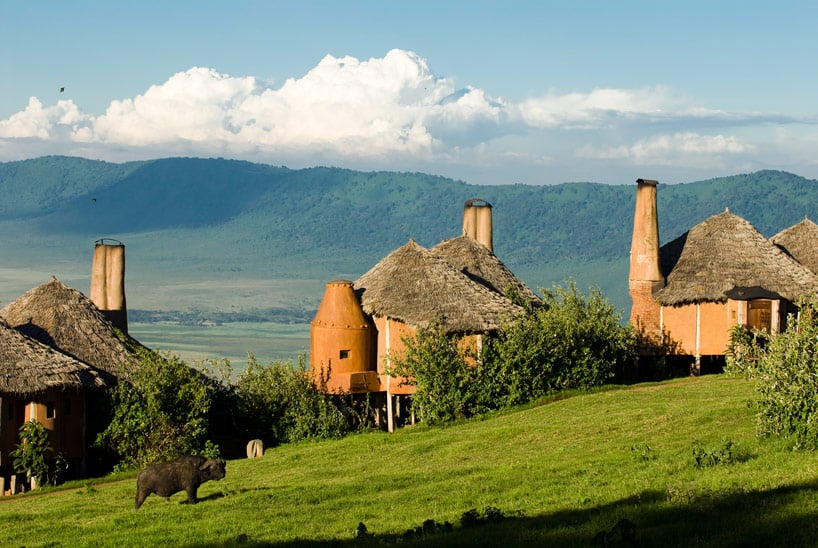
3. Tarangire Treetops
Nestled in the branches of ancient baobabs and marula trees, Tarangire Treetops offers an immersive nature experience with minimal environmental impact. The lodge uses renewable energy sources, employs water-saving technologies, and participates in wildlife conservation and community support programs. Staying here allows you to witness Tanzania’s wildlife up close while ensuring your visit supports sustainable practices.
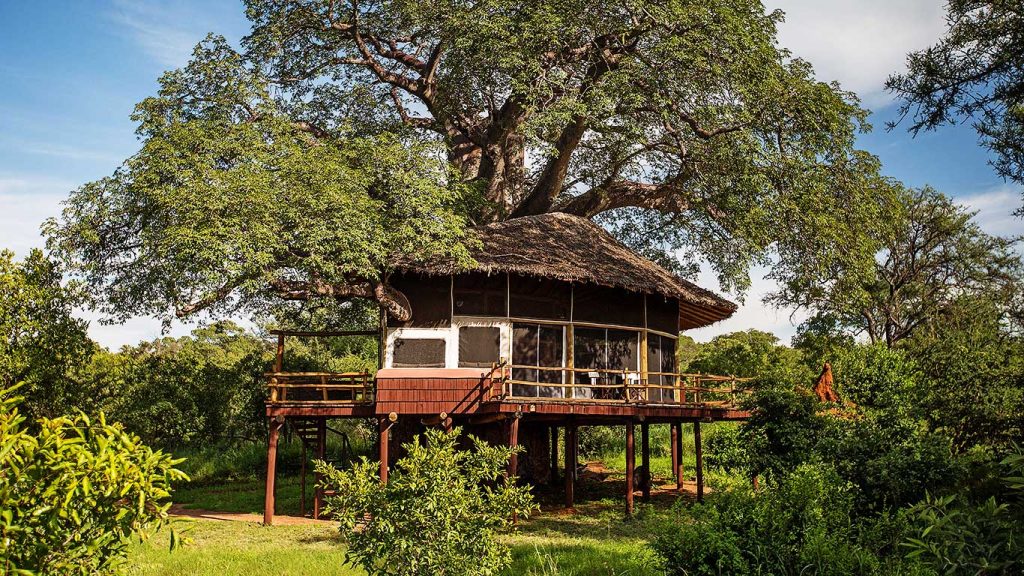
Eco-Friendly Activities: Engaging with Nature Responsibly
Wildlife Safaris with a Difference
Embark on guided wildlife safaris led by knowledgeable local guides who are passionate about conservation. These safaris not only offer insights into the behaviors and habitats of the incredible wildlife but also educate travelers on the importance of conservation efforts, highlighting the role that responsible tourism plays in preserving these ecosystems.
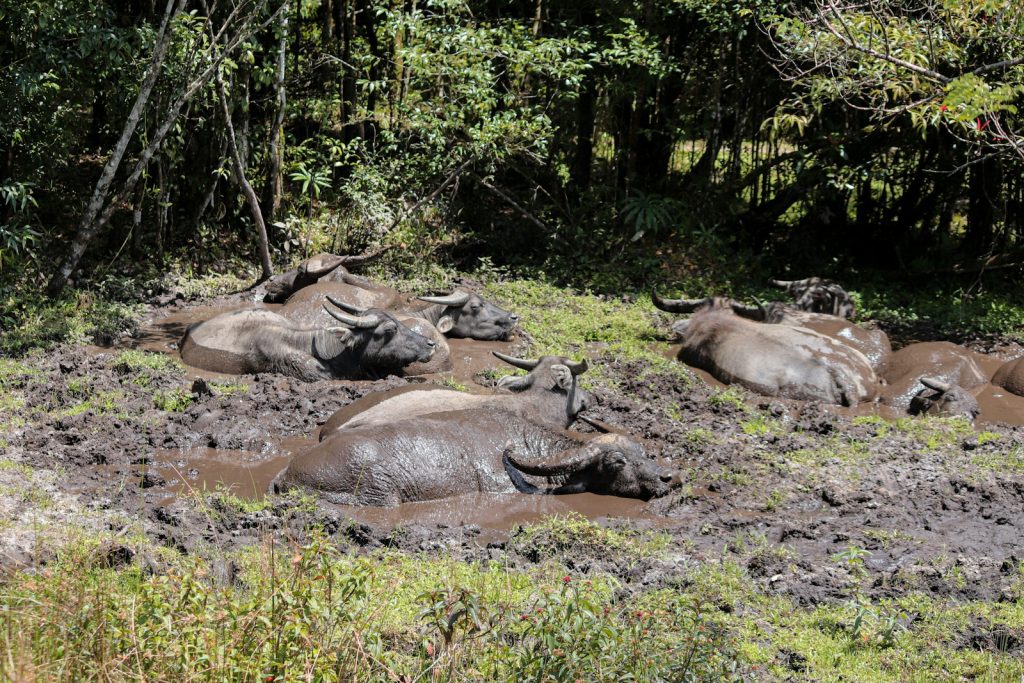
Cultural Tours and Community Visits
Experience Tanzania’s rich cultural heritage through visits to local communities. These tours are conducted with the utmost respect for local traditions and provide an opportunity for meaningful cultural exchange. Engaging with local communities supports sustainable tourism by ensuring that the benefits of tourism are shared widely.
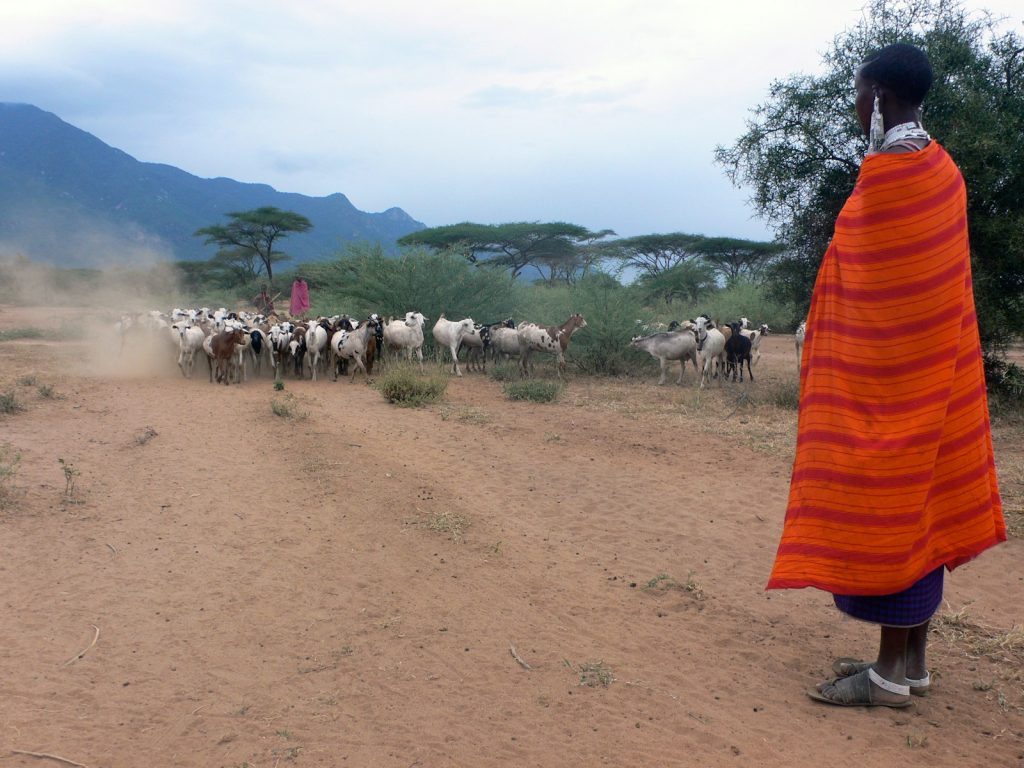
Conservation Workshops and Eco-Talks
Participate in workshops and talks organized by eco-lodges and conservationists. These sessions provide deeper understanding of the challenges faced in wildlife conservation and the efforts being made to overcome them. It’s an opportunity to learn more about what you can do as a traveler to support sustainable practices.
Conclusion
Choosing sustainable safaris in Tanzania means embarking on a journey that not only offers unforgettable encounters with nature but also contributes to the preservation of these landscapes for future generations. By opting for eco-lodges, participating in eco-friendly activities, and embracing the principles of responsible tourism, travelers can ensure their adventures leave a positive impact. Tanzania’s commitment to sustainable safaris sets a benchmark for responsible travel, promising a greener future for its wildlife, communities, and the planet.



